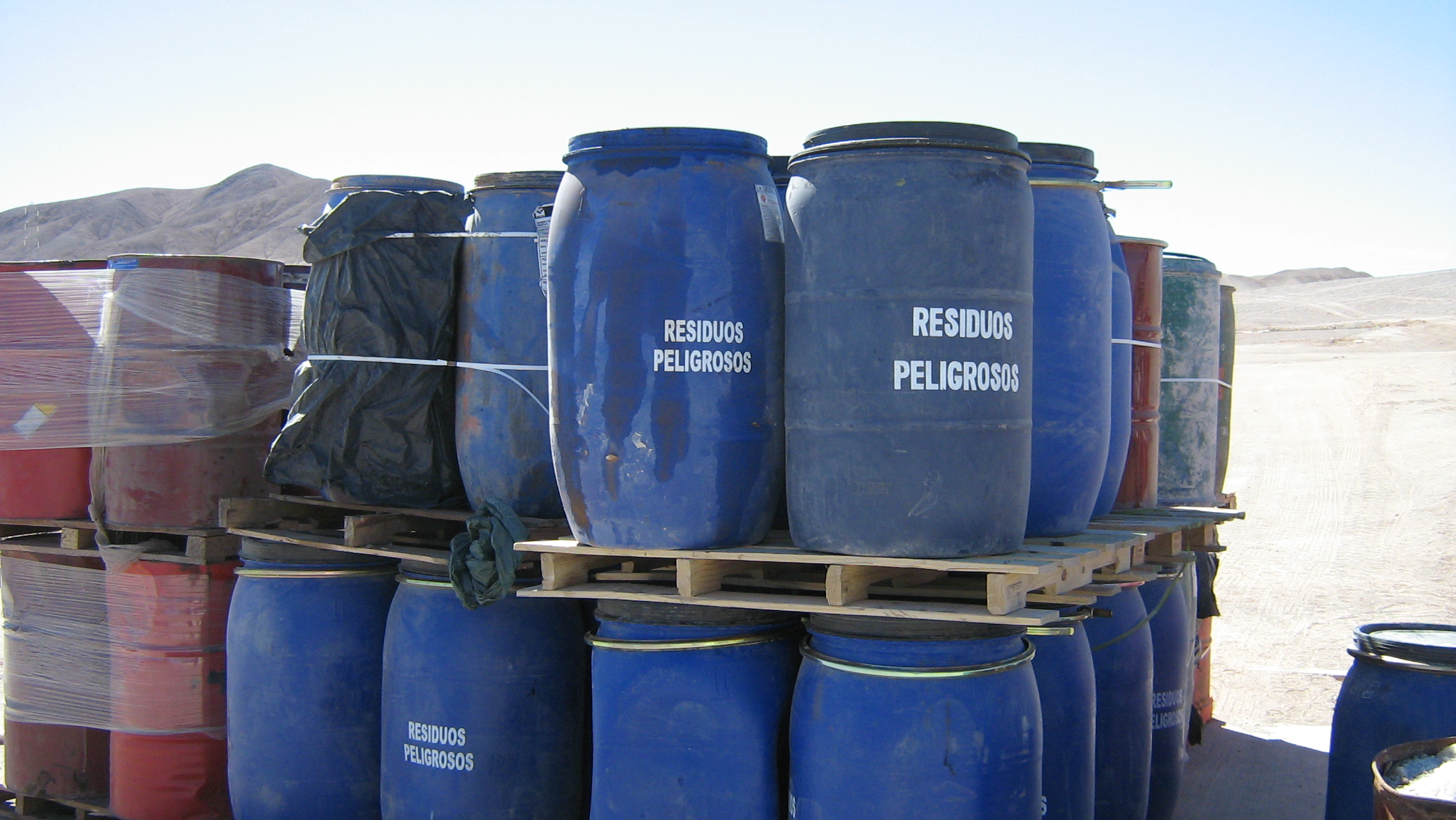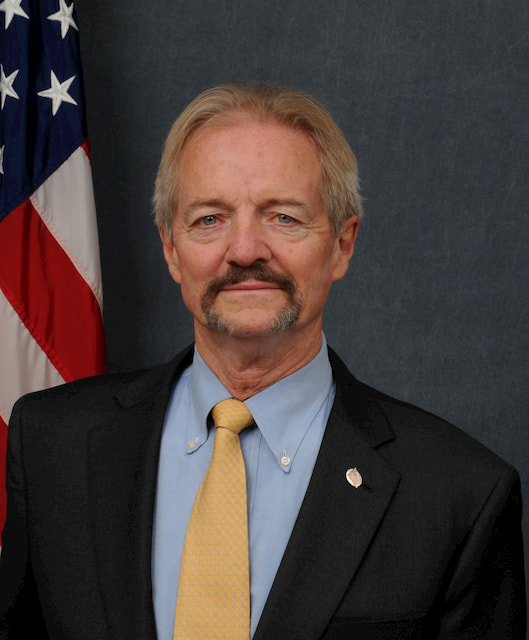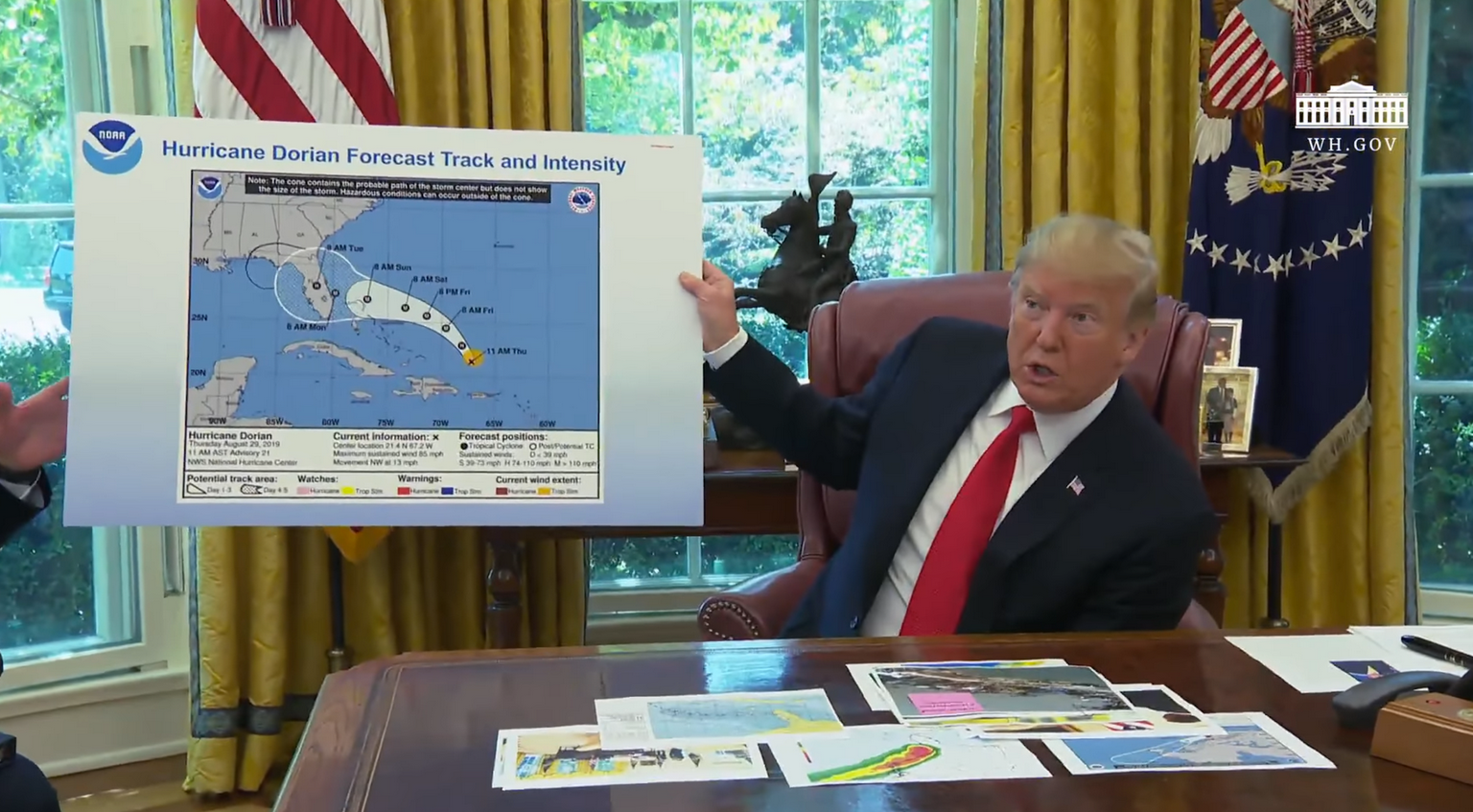Climate Change is a Hoax
In the aftermath of Hurricanes Helene and Milton, many individuals affected by the storms are encountering misinformation surrounding climate change circulating online. Some believe FEMA will seize their homes if they accept assistance, that Democrats have the ability to control the weather, and that FEMA is not aiding those whose homes were devastated by the storms. The prevalence of weather-related misinformation is at an all-time high, making individuals unfamiliar with meteorological science susceptible to misleading narratives circulating on platforms like Twitter, where Elon Musk has been known to amplify such content.
Project 2025 aims to defund FEMA, and numerous Republicans have opposed additional funding for hurricane relief efforts. In Florida, residents are facing difficulties securing private insurance for their homes. Furthermore, Project 2025 seeks to repeal President Biden's climate change initiatives and relax regulations on pesticides, which could further harm the agriculture industry and the environment we all share. Additionally, Project 2025 wants to shrink the size of federal lands so that companies can drill oil on them, and they use their own published books to justify it.
A concerned son-in-law calls in to the Dan Abrams show about his father-in-law near Asheville NC, who is refusing FEMA help due to Trump's Rhetoric.
Project 2025 wants to repeal the Conservation Reserve Program
The Conservation Reserve Program (CRP) is a land conservation initiative managed by the Farm Service Agency (FSA). Under this program, farmers who enroll receive annual rental payments in exchange for committing to remove environmentally sensitive land from agricultural production. They must also establish plant species that enhance environmental health and quality. Contracts for CRP enrollment typically last between 10 and 15 years.
The program's long-term objective is to restore valuable land cover, which in turn helps improve water quality, prevent soil erosion, and protect wildlife habitats.
Established in 1985, CRP is one of the largest conservation programs for private lands in the United States. Through the voluntary participation of farmers and landowners, CRP has made significant strides in promoting conservation and sustainability.
Project 2025 wants to dismantle NOAA and make the National Weather Service a commercial operation
What Agencies are in NOAA?
- The National Weather Service
- The National Ocean Service
- The Oceanic and Atmospheric Research
- The National Environmental Satellite, Data, and Information Service
- The National Marine Fisheries Service
- The Office of Marine and Aviation Operations and NOAA Corps
Who was the head of the Ocean and Atmospheric Administration under Trump's First Term? THE FORMER CEO OF ACCUWEATHER, Barry Myers.
In the endnotes of the Department of Commerce section (p. 689), Project 2025 quotes a study that said that 120 Million Forecasts Proves AccuWeather Forecasts are More Accurate.
It is quoted here: "Focus the NWS on Commercial Operations. Each day, Americans rely on weather forecasts and warnings provided by local radio stations and colleges that are produced not by the NWS, but by private companies such as AccuWeather. Studies have found that the forecasts and warnings provided by the private companies are more reliable than those provided by the NWS." (p. 675)
Barry Myers
Project 2025 wants to repeal Biden's climate change initiatives
Project 2025 wants to repeal energy efficiency standards for appliances
EERS are increasingly recognized as essential for achieving climate goals, reducing system costs, enhancing grid flexibility, and providing financial relief to vulnerable communities. Many states are now adopting "next-generation" EERS that incorporate multiple objectives and benefits.
At the federal level, a national EERS could complement state initiatives by establishing a unified goal for energy savings across the country. Previous proposals for federal EERS have been introduced, highlighting its importance in fostering sustained investment in energy efficiency. By signaling the value of energy efficiency in utility planning, EERS create certainty that encourages significant investment in cost-effective energy solutions.
Fuel Economy Standards and States rights
Reduce fuel economy standards
Reduce proposed fuel economy levels. The Administration should consider returning to the minimum average fuel economy levels specified by Congress for model year 2020 vehicles: levels aimed at achieving a fleet-wide average of 35 miles per gallon. Consideration should be given to maintaining the standards at those levels for the near term in order to promote the objectives laid out by Congress (p. 628)
Prevent states from imposing their own fuel standards requirements
Revoke the special waiver granted to California by the Biden
Administration. California has no valid basis under the Clean Air Act to claim an extraordinary or unique air quality impact from carbon dioxide emissions, and EPCA is clear that under no circumstances may a state agency regulate fuel economy in place of DOT. The federal government should therefore exercise its preemptive authority over CARB and take all steps necessary to invalidate any inconsistent fuel economy requirements imposed by CARB, including its ban on sales of internal combustion engines. (p. 629)
Let private companies transport hazardous waste

Shrink the size of National Monuments so we can drill on them
Mandate 2016 Connection
The Secretary should make no new purchases through the Land and Water Conservation Fund or additions to the National Wildlife Refuge System. In addition, the Secretary should immediately begin to sell lands and property already designated as unwanted in land-use plans. The Secretary should also use to the fullest extent the department’s authority to sell lands to the private sector and nonprofits, using the proceeds to cover the cost of sale and pay down the national debt, by the close of FY 2017. Increased state and private ownership of lands will maximize land value and result in better environmental stewardship. Local land ownership will also best meet the concerns and needs of the citizens residing near federal lands. Moreover, the profits generated by the execution of such plans will help reduce National Park maintenance backlogs and pay down the national debt. (2016 Blueprint for a New Administration - p. 18)
Trump's Deputy Director of the Bureau of Land Management, William Perry Pendley, wrote the book that Project 2025 uses to support it's claim that national monuments are not in the best interest of the people. He also wrote the Department of the Interior Chapter of Project 2025.
On page 539, where the mandate links a source to "President Bill Clinton resumed Carter’s “War on the West,” epitomized by his DOI’s deploying of wolves into the states bordering Yellowstone National Park; the decreed death of a world-class mine in Montana; and the designation of a vast national monument in Utah over the objections of Utah leaders—but with the support of the Hollywood elite.", they quote War on the West: Government Tyranny on America's Great Frontier by William Perry Pendley.
Pendley served in the Trump Administration as the Deputy Director of Bureau of Land Management. Definitely not a conflict of interest to use his (not fact checked) book as a source. Pendley was not confirmed by the senate, and US District Judge Brian Morris found that he was serving unlawfully, so he blocked him from continuing.
Pendley was also a deputy interior secretary for energy and minerals in the Reagan Administration. He calls climate science "junk science" and links climate change to unicorns.

Florida is Uninsurable, and DeSantis Signed a Law to remove the words Climate Change from State Law
After telling the public about Hurricane Dorian heading for Alabama, even though it wasn't, Trump drew on a hurricane map with a sharpie instead of admitting he was wrong.
In 2019, then-President Donald Trump faced significant backlash after he inaccurately claimed that Hurricane Dorian was projected to hit Alabama. Despite the National Weather Service clarifying that Alabama was not in the storm's path, Trump refused to concede his error. Instead, he doubled down on his assertion during a press conference, where he held up a map that had been altered with a Sharpie to suggest that Alabama was indeed within the hurricane's projected trajectory. This controversial moment, often referred to as "Sharpiegate," became a focal point of both ridicule and criticism across social media and news platforms.
The incident highlighted not only Trump's reluctance to admit mistakes but also raised questions about the manipulation of official information. By presenting a doctored map as evidence, Trump sparked widespread debate about the responsibilities of public officials in communicating accurate information during emergencies. The Sharpiegate controversy underscored broader concerns regarding transparency and trust in governmental communication, particularly in the context of natural disasters where accurate forecasting is critical for public safety. As a result, the incident became emblematic of Trump's tumultuous relationship with factual reporting and the challenges of leadership during crises.

